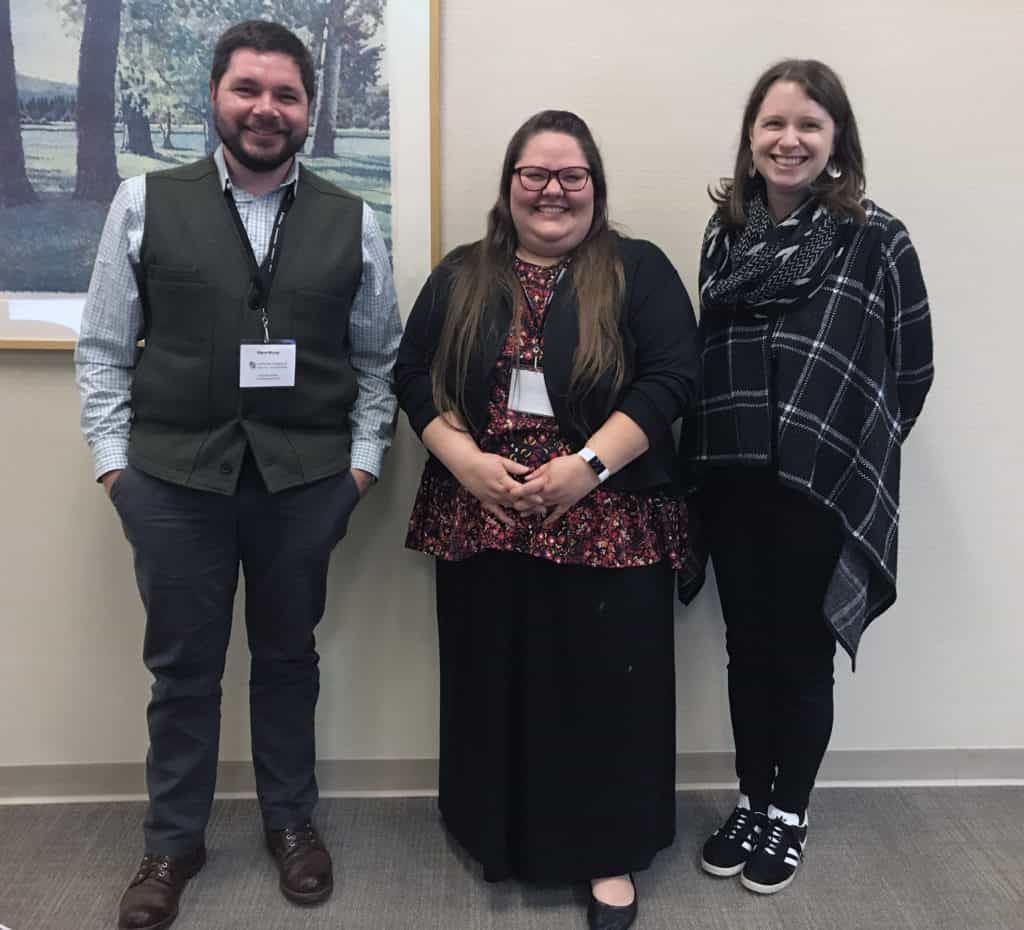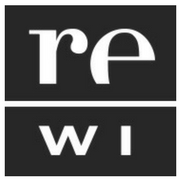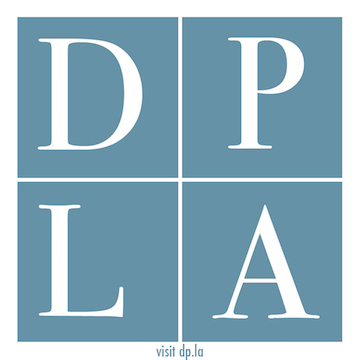My name is Steve Moray and I am a graduate student at UW-Milwaukee in a coordinated MA History/MLIS degree program concentrating in archives. I am working with the College of Menominee Nation Library in Keshena, Wisconsin to help preserve their digital collections. It’s still early on in the process, but so far I have organized their digital files which were spread across a number of different locations into a central and easily accessible digital collections folder. During that process, an inventory was also created that lets me and the staff at the library see exactly what collections they have and some of their key attributes, such as the size they take up. This can be very helpful in both understanding the current collection scope, and planning for future preservation actions or collection expansion.
Next up on the agenda is making sure they have a consistent file naming practice, and to start backing up their files in case something goes wrong, with the final goal of crafting a formal digital preservation policy and accompanying workflows in order to formalize these digital preservation processes and create a sense of institutional continuity and standardization.
The digital preservation actions taken at the College of Menominee Nation Library will help make sure that both analog records that are being digitized and “born-digital” records of the tribe will be backed up in case of any natural disasters, and that they will be more widely accessible to both community members and researchers from all over the world. One important collection that is being preserved during this project is the Joseph F. Preloznik Papers on Menominee Termination and Restoration which relates to the Menominee people’s legal struggle for Federal recognition as a tribe after being “terminated” in the 1960s.
One aspect of this project I am extremely excited about is going to be working with the library on setting up a new online access tool. Because the library is part of the Menominee Nation, their Special Collections has become the de facto archive for some collections that have special tribal significance. Because of this, sometimes special rules can apply to who has the right, as designated by the tribe, to see and use some of these materials.
In order to accommodate these unique access issues, we are planning on using a specialized platform created for indigenous peoples, Mukurtu. This online access platform allows different levels of access of the same material to different categories of users. For example, the public at large may be able to see a picture of an object, but only those designated as tribal members would be able to access an accompanying oral history that could refer to the object’s specialized use within the tribal community. We are hoping that Mukurtu will serve as a suitable solution to some of the library’s unique access concerns.
–Posted by Steve Moray

Curating Community Digital Collections is supported by a grant from the Institute of Museum and Library Services, #RE-85-17-0127-17. Meet all of the students in the 2018 CCDC cohort here.




You must be logged in to post a comment.